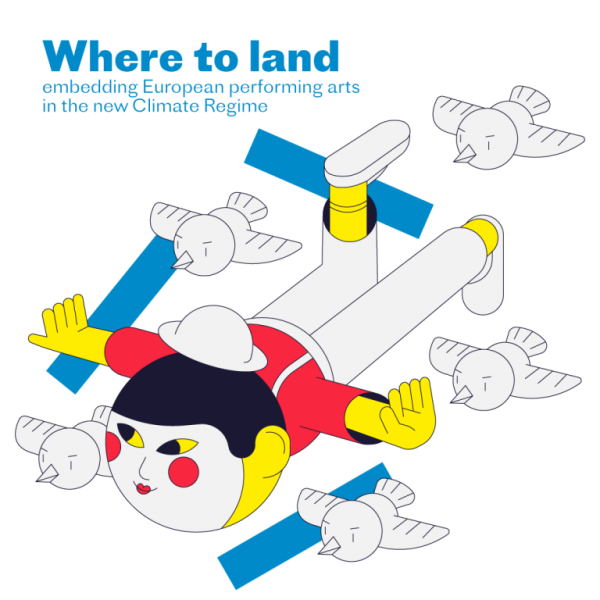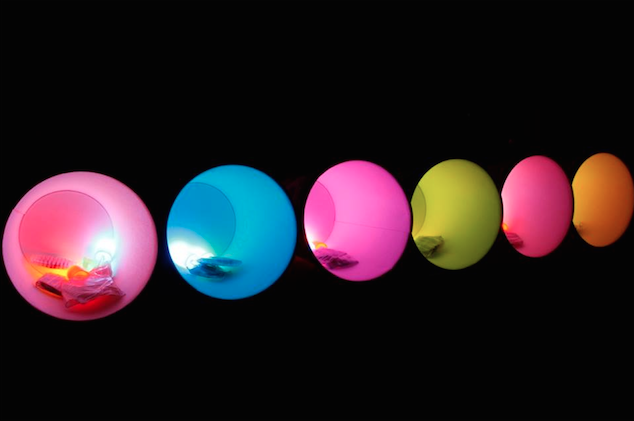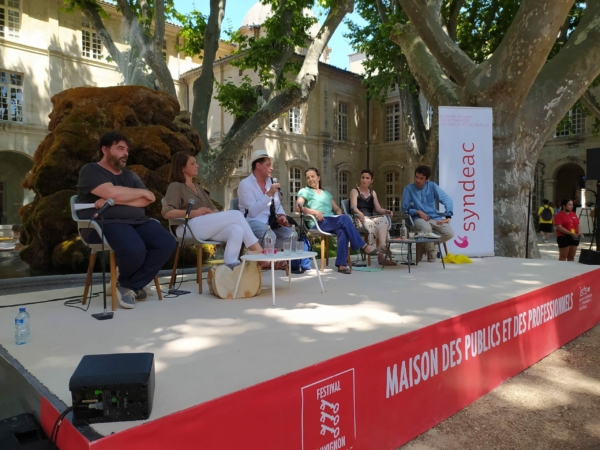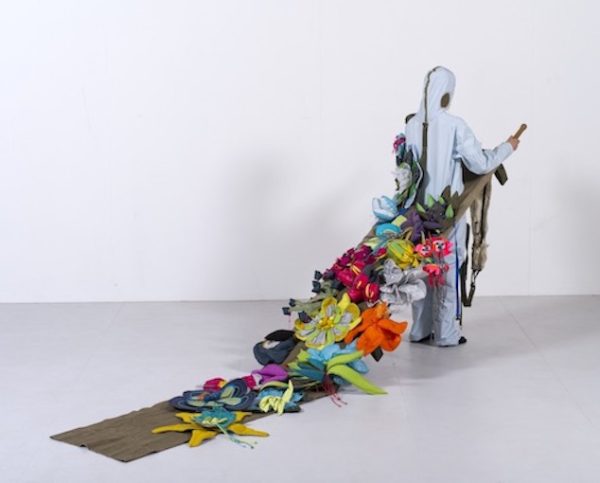
Where to land ?
Une initiative européenne sur la contribution que le secteur culturel peut apporter à la lutte contre le changement climatique.

Crédit image : Sustaining Creativity LAB Light Drawing Data Workshop
C’est de loin l’étude la plus complète en son genre. Julie’s Bicycle et BOP Consulting ont interrogés toutes les institutions culturelles : de la musique au théâtre en passant par les arts visuels, sans oublier les musées et la littérature. Soit au total une audience de 70 millions et un chiffre d’affaire de 1 milliard de livres… Il s’agit donc de l’une des études les plus complètes a avoir interrogé les dirigeants des organisations créatives et culturelles au sujet de l’environnement et de son aspect durable. Voici ci-dessous et en anglais un résumé des résultats de cette étude ; résultats qui alimenteront directement le programme « Sustaining creativity » pour l’année 2015.
Headlines from the survey
The results show diverse levels of understanding, activity and needs with respect to environmental sustainability. Clear trends are:
1. High engagement across the sector, with strong affirmation of the importance of sustainability, and an emergent vision and desire to lead change. The strongest driver for engagement is the personal commitment of staff.
2. Climate change risks and support from those in positions of leadership and governance at the top of organisations are the weakest drivers, in spite of the financial and reputational gains to taking action, and the implications of failing to act.
3. For many, action leads to financial and/or reputational benefits, though environmental sustainability is yet to be perceived as a core business concern by executive and non-executive directors.
4. Of the 65 leadership organisations, 63% are Arts Council England funded and are required to report on their environmental impacts: compliancy does, indeed, work.
5. Leadership is coming from the middle, not the top of organisations.
6. Appetite to come together and take a lead through peer groupings, knowledge transfer and networking.
7. Encouraging levels of action, with scope to further embed environmental sustainability into operations and communications of most organisations. Around half of organisations have also created work that concerns environmental sustainability, though very few consistently focus on this.
8. But despite the high engagement level and the financial and reputational benefits of incorporating environmental sustainability, there remains a value-action gap (the gap between the values and attitudes of an individual/organisation, and the actions). Environmental sustainability is seen as a priority but actions do not match attitudes.
—
So, while the overall findings are encouraging there is still a great deal to be done. Understanding what more is needed is at the heart of the new programme Julie’s Bicycle launched last Wednesday, entitled ‘Sustaining Creativity’. This series of events and projects will demonstrate that climate change and sustainability are essential to a holistic understanding of cultural value. It will challenge current definitions of cultural value that don’t weigh natural capital, the risks of inaction, or creative ‘green’ ideas.
The combined force of all the creative industries working together is unsurpassed when it comes to crafting culture: as such they are key drivers for developing a sustainable worldview. But, as this survey highlights, there is a lot still to be done. Consensus isn’t shared on the threats of climate change inaction, the relevance of environmental issues and the huge opportunities for reshaping the creative economy.
Despite the absence of a critical mass of leaders which ‘gets’ this, the best organisations are leading a cultural renaissance, whether it be through commissions, communications, operations or innovation. Furthermore the majority of leader organisations are required to report on their impacts annually because of their Arts Council England funding requirement. This proves that compliancy has a vital role in establishing new norms which pave the way for better leadership.
Without an evidence base we are reliant on anecdotes to prove to the creative community that there is everything to gain and no time to lose, and prove to the world that the arts are catalysts for sustainability.
Une initiative européenne sur la contribution que le secteur culturel peut apporter à la lutte contre le changement climatique.
Retrouvez le Grand Débat organisé par Syndeac lors du festival d'Avignon 2022 sur la mise en oeuvre de la transition…
VIVANT, une Saison culturelle pour la Biodiversité, est une manifestation culturelle exceptionnelle qui se déroule jusqu’en janvier 2021 partout en…

